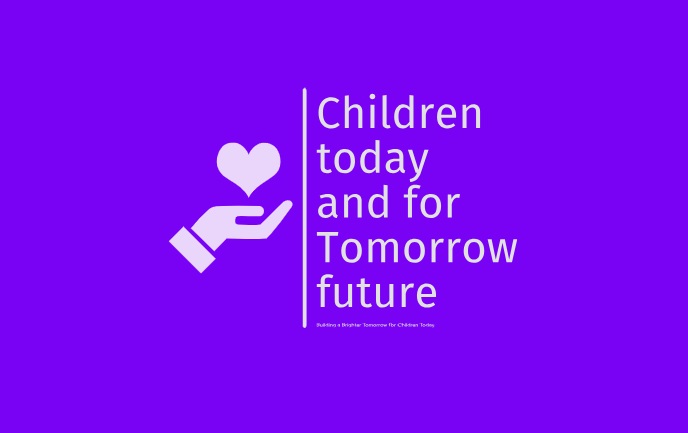The Dynamic Duo: Skusta Clee & Flow G's Journey to "INGGIT"
Skusta Clee and Flow G, two of the most prominent names in Filipino hip-hop, have once again captivated fans with their collaborative single “INGGIT”. Known for their lyrical depth, distinct flow, and ability to tap into raw emotions, the duo has solidified their place in the OPM (Original Pilipino Music) scene through years of hard work and authentic storytelling. Their latest track is a testament to their growth as artists and their unwavering connection with their audience.
The Artists Behind the Anthem
Skusta Clee, whose real name is Daryl Ruiz, is widely recognized as a pioneer in modern Pinoy rap and trap music. Rising to fame as part of Ex Battalion, Skusta Clee introduced a unique fusion of hip-hop, R&B, and pop influences. Tracks like “Zebbiana” and “Pauwi Nako” showcased his ability to weave heartfelt narratives with infectious beats, earning him millions of fans across the globe. His raw and emotional approach to songwriting, coupled with his unmistakable voice, has made him a household name.
Flow G, born Archie Dela Cruz, is another key member of Ex Battalion, known for his fast-paced delivery and clever wordplay. His solo hits, including “Araw Araw Love”, have further cemented his reputation as one of the country’s top lyricists. Flow G’s talent lies in his ability to blend sharp commentary with catchy melodies, often addressing themes of love, struggle, and ambition.
The Birth of "INGGIT"
“INGGIT” is more than just a song; it’s a statement. The title, which translates to “envy,” reflects on the toxic nature of jealousy and how it manifests in relationships, friendships, and society at large. Skusta Clee and Flow G take turns unpacking their personal experiences with envy, using their verses to shed light on its destructive power.
The track opens with a haunting melody that immediately sets a contemplative tone. Skusta Clee’s vocals deliver a sense of vulnerability, while Flow G’s sharp and rhythmic delivery provides a striking contrast. The lyrics explore how envy often arises from misunderstandings, insecurities, and societal pressures, making the song deeply relatable.
The Impact
Since its release, “INGGIT” has garnered massive attention, with fans praising its introspective lyrics and dynamic production. The track resonates with listeners who’ve faced envy in their own lives, whether as the envious party or the subject of jealousy. Skusta Clee and Flow G’s ability to tackle such a complex emotion with honesty and artistry has earned them critical acclaim.
On social media, fans have flooded platforms like TikTok and Twitter with reactions, covers, and dance challenges inspired by the song. Its success has also sparked discussions about how music can serve as a mirror to societal issues, making it more than just entertainment.
A Promising Future
With “INGGIT,” Skusta Clee and Flow G reaffirm their status as trailblazers in the OPM hip-hop scene. Their collaboration is a reminder of the power of authenticity in music and the importance of addressing real emotions. As they continue to push boundaries, fans can only anticipate what this dynamic duo will deliver next.
